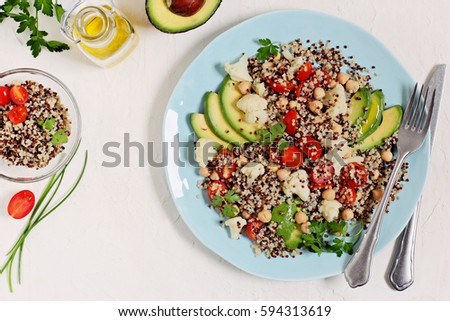Cauliflower, which like broccoli is a member of the cruciferous family, contains an impressive array of nutrients, including vitamins, minerals, antioxidants and other phytochemicals. It's a good source of vitamin K, protein, thiamin, riboflavin, niacin, magnesium, phosphorus, fiber, vitamin B6, folate, pantothenic acid, potassium and manganese.
Cauliflower is also packed with natural antioxidants such as vitamin C, beta-carotene, kaempferol, quercetin, rutin, cinnamic acid and others. Antioxidants are nature's way of providing your cells with adequate defense against attack by excessive amounts of reactive oxygen species. As long as you have these important micronutrients, your body will be better equipped to resist damage caused by everyday exposures to pollutants, chronic stress and more.
Without an adequate supply of antioxidants to help squelch excess free radicals you raise your risk of oxidative stress, which leads to accelerated tissue and organ damage. Adding to cauliflower's appeal is its versatility. You can eat it raw, add it to salads or use it in your cooking. Cauliflower can even be seasoned and mashed as an alternative to potatoes.
Facts Credit: mercola.com


No comments:
Post a Comment
Please leave a comment. Thank you.